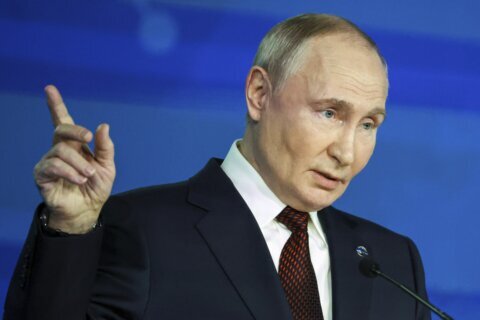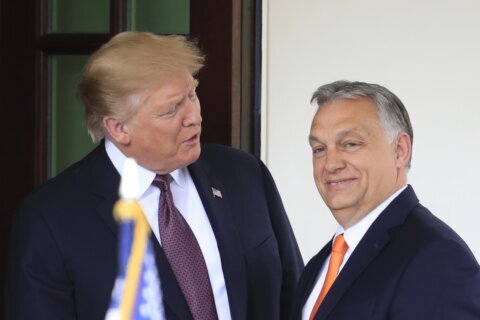Global financial markets are receiving much-needed boosts heading into this year, thanks to earlier-than-anticipated approvals and distributions of multiple vaccines that are spurring hopes of recovery from the economic damage caused by the COVID-19 pandemic. But until inoculations become more widespread, policy support from governments will drive economic recovery worldwide, according to the 2021 Global Financial Stability Report Update released on Wednesday by the International Monetary Fund.
The picture is not entirely positive, economists say, with some countries likely experiencing a slowdown in the fourth quarter of 2020 as coronavirus cases surged. Still, investors are hopeful about growth in 2021, according to the report’s authors, especially with the consideration of government support, such as through measures like keeping interest rates low.
“The baseline is only one where financial conditions remain accommodative for some time, so we do not believe that we are close anywhere to the point where policies should be tightened,” Tobias Adrian, financial counselor and director of the Monetary and Capital Markets Department at the IMF, said during a panel Wednesday. “Premature withdrawal of monetary or fiscal support is actually a big risk, so until we are out of this pandemic, until the medical issues have been solved, we certainly advise our membership to continue the substantial monetary and fiscal support.”
[MORE: 10 Countries Seen as the Most Economically Stable]
At least until a stable recovery takes hold, the report argues that policymakers should not withdraw support, which would perhaps jeopardize the global economy. According to the report, with a medium-term outlook, policymakers should also contain rising vulnerabilities to maintain growth.
The report also warned against normalizing policy, especially among advanced economies, with the risk of uneven recovery globally, jeopardizing capital flows to emerging markets. One way the world could face a bumpy recovery, the report explains, is with uneven vaccine distribution going forward.
“There’s an issue in terms of recovery,” says Fabio Natalucci, deputy director of the Monetary and Capital Markets Department at the IMF. “So if you get this asynchronous recovery — some of the countries lag behind — they could lose market access, financial conditions may tighten, then you would see, really, an increase in poverty, you could see an increase in inequality. So that’s why it’s important that we tackle this as a global issue at the global level, and that there is an equitable, even distribution of vaccines across the globe.”
Uneven vaccine distribution globally is possible, if not likely, because countries with advanced economies such as the United States, Canada, the United Kingdom, and some countries in the European Union, have pre-existing, pre-purchased vaccine orders, while negotiations on obtaining doses for the rest of the world are severely lagging. According to the report, emerging market economies account for 65% of global economic growth, meaning an incomplete global recovery would have significant implications for the global financial system.
Although liquidity strains have been mitigated by policy so far, the report also predicts that solvency pressures will continue to pose a threat in 2021, chiefly among vulnerable sectors already reeling from the pandemic. In the U.S. and U.K., the report notes, an elevated potential exists for further downgrades. In China, addressing vulnerabilities will likely continue to be a priority in 2021.
The IMF report’s predictions follow figures released by the U.N. earlier this week highlighting how foreign direct investment (FDI) — an important measure of a country’s economic health — sharply fell last year for most countries as they battled to contain the coronavirus. Worldwide investment fell by 42%, while FDI in Europe disappeared altogether.
[IMAGE]
The figures from the U.N. Conference on Trade and Development also shows that China, for the first time, surpassed the U.S. in attracting the most FDI, and that FDI in China as well as India actually increased between 2019 and 2020.
More from U.S. News
Major Economies Eye Economic Recovery in 2021, Analysts Say
The Top 10 Global Risks for 2021
The 25 Best Countries in the World
Government Support Needed to Drive Global Economic Recovery, IMF Says originally appeared on usnews.com







